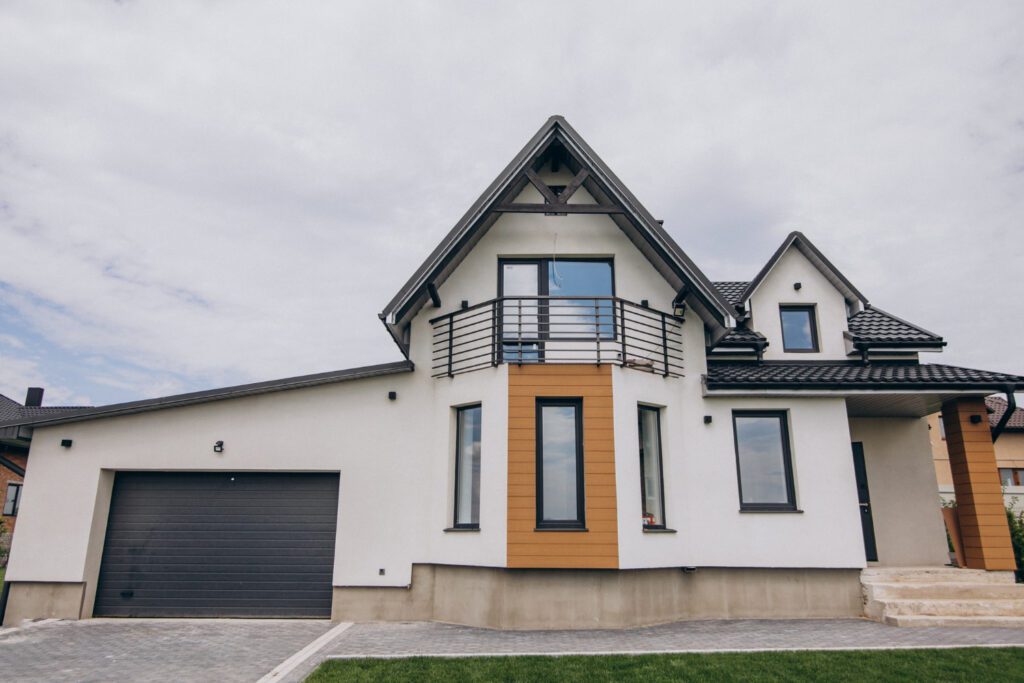Probate sales are a unique aspect of the real estate market, often misunderstood but rich with opportunities and challenges for buyers and sellers alike. These sales occur when a property is sold under the supervision of a probate court, typically after the owner has passed away without a will or clear instructions for asset distribution. While probate sales can offer potential benefits, they also present complexities that significantly impact property value and marketability. Understanding these dynamics is the goal of The Berman Group and crucial for anyone navigating the probate real estate process in Reno.
A probate sale is a court-supervised process where the property of a deceased individual is sold to settle debts or distribute assets among heirs. Unlike traditional real estate transactions, probate sales involve additional legal oversight, court approvals, and specific procedural requirements. The process is typically managed by an executor (if named in the will) or an administrator (appointed by the court when there is no will), both of whom are responsible for ensuring the estate is handled in accordance with legal requirements. These factors often make probate sales more time-consuming and complex, which can influence buyer interest and the ultimate sale price.
For consumers in Reno considering buying or selling probate properties, can contact The Berman Group to understand how these essential factors affect value and marketability.
One of the most significant ways probate sales affect property value is through extended timelines. The probate process involves multiple legal steps, including appointing an executor or administrator, obtaining property appraisals, and securing court approvals. These steps can delay the sale by several months or longer, depending on the complexity of the estate.
The legal intricacies of probate sales often deter traditional buyers. Court involvement means that offers must be reviewed and approved before proceeding, which can create uncertainty for buyers unfamiliar with the process.

To attract serious buyers, sellers should provide clear information about the property's probate status and timeline expectations. Transparency builds trust and helps alleviate buyer concerns about potential risks.
Another critical factor affecting marketability is the "as-is" nature of most probate properties. Executors rarely invest in repairs or improvements before listing these homes for sale. As a result, buyers must account for potential renovation costs when making offers.
While challenging for some buyers, "as-is" properties appeal to investors and flippers looking for below-market deals with potential for high returns after renovations.
Probate properties are often perceived as opportunities to buy below market value. This perception attracts investors but may deter traditional buyers who associate low prices with hidden problems or risks.
To broaden appeal, sellers might consider offering incentives like covering closing costs or providing flexible timelines for inspections and financing approvals. However, it's important to note that probate court approval is often required for any incentives a seller may use, ensuring compliance with legal requirements and safeguarding the interests of all parties involved.

Navigating the complexities of probate sales in Reno requires knowledge in both real estate transactions and legal processes. The Berman Group in Reno specializes in helping clients manage these unique challenges effectively. With extensive experience in probate real estate, they provide personalized guidance tailored to each client's needs.
Understanding how probate sales in Reno and surrounding areas affect property value and marketability empowers consumers to make informed decisions. Whether you're an heir looking to sell an inherited property or a buyer exploring investment opportunities in Reno's real estate market, the expert guidance of The Berman Group is invaluable.
